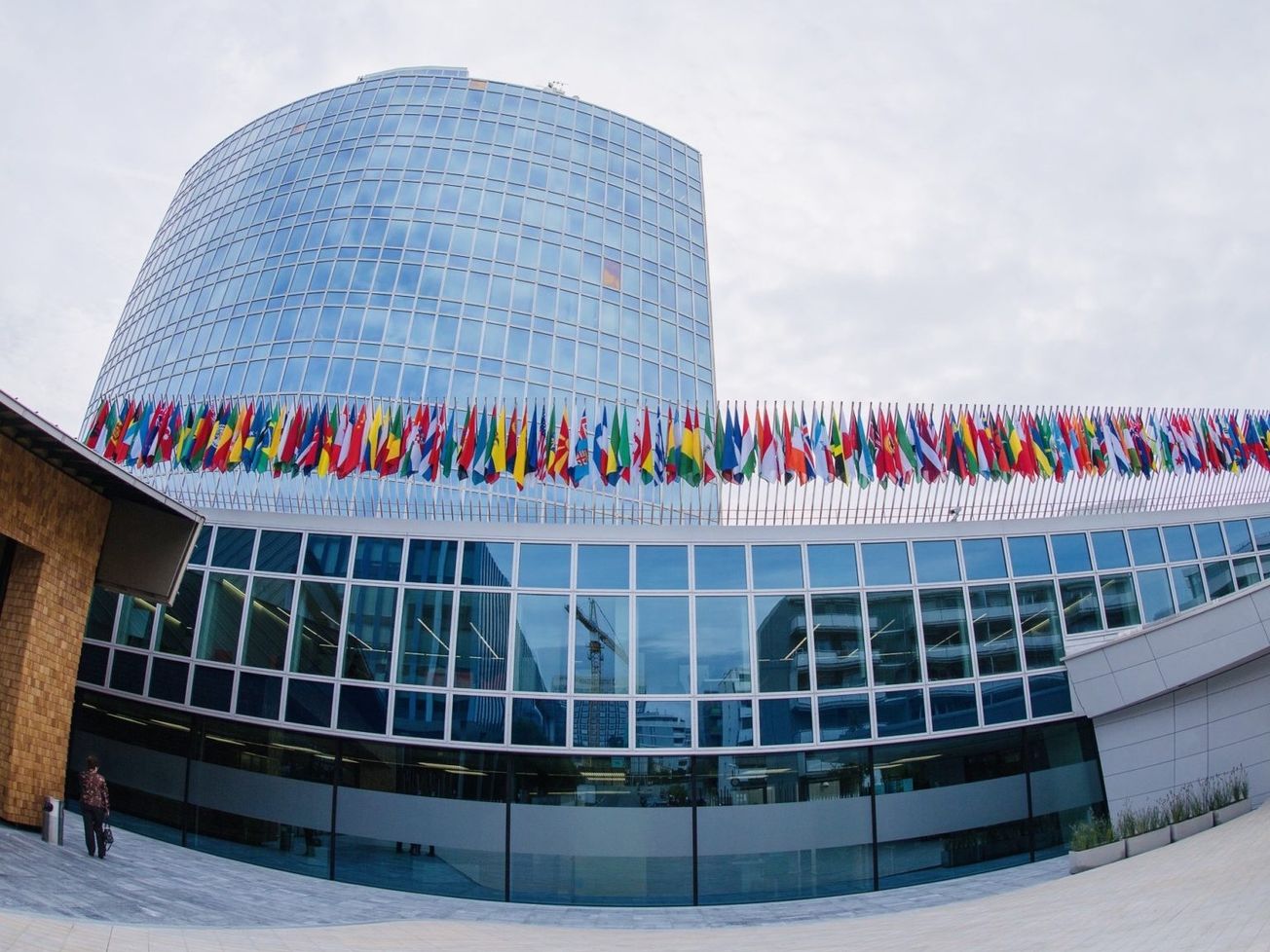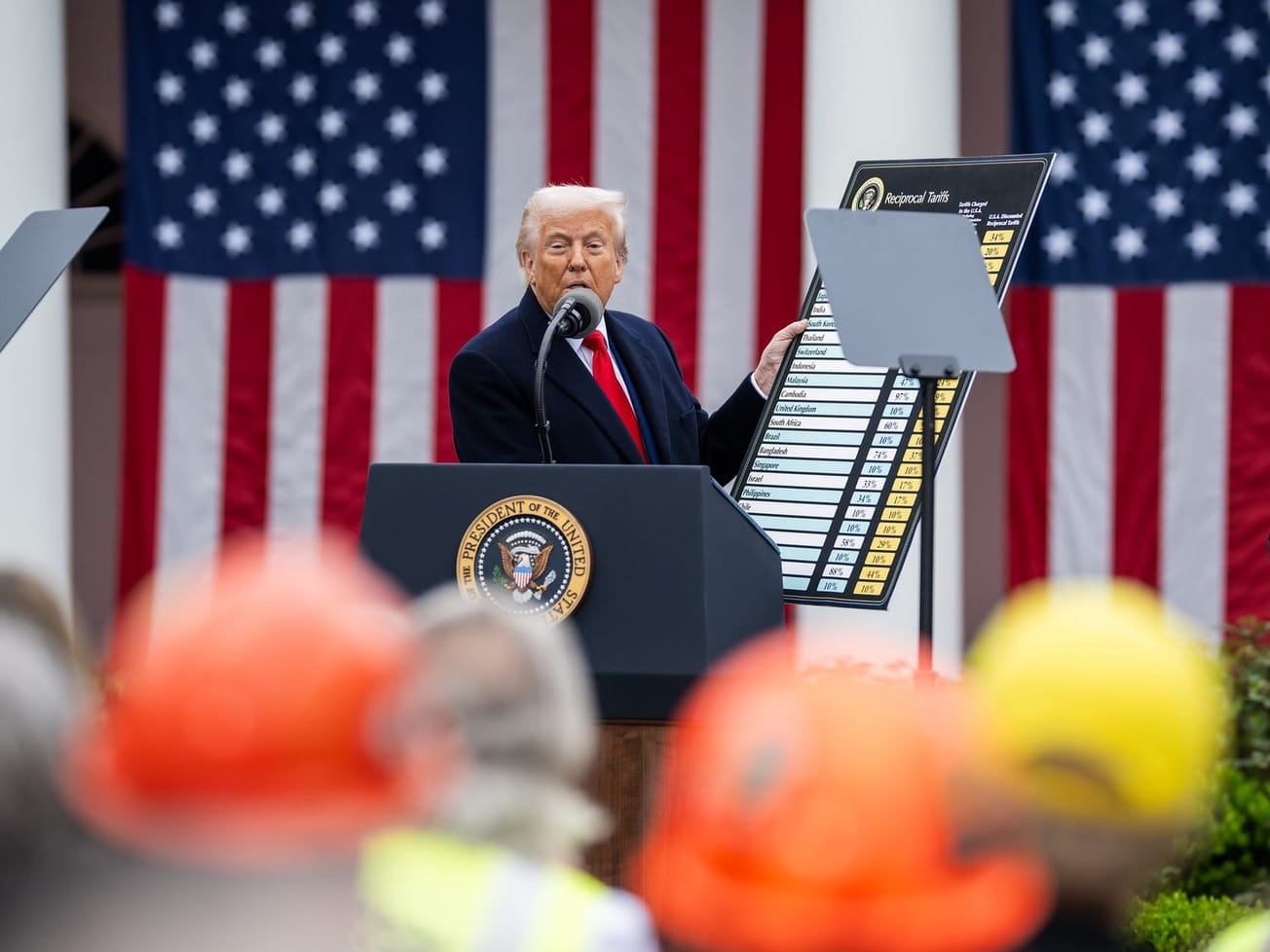GENEVA (AN) — The World Intellectual Property Organization's top governing body on Friday appointed Daren Tang, a lawyer from Singapore, to serve as its next chief in a contest reflecting U.S.-China tensions over business technology.
The 47-year-old Tang, who for the past seven years has been chief executive of the Intellectual Property Office of Singapore, is set to assume his new job at the start of October. He will succeed WIPO Director General Francis Gurry of Australia, who has headed the U.N. intellectual property agency since 2008.









